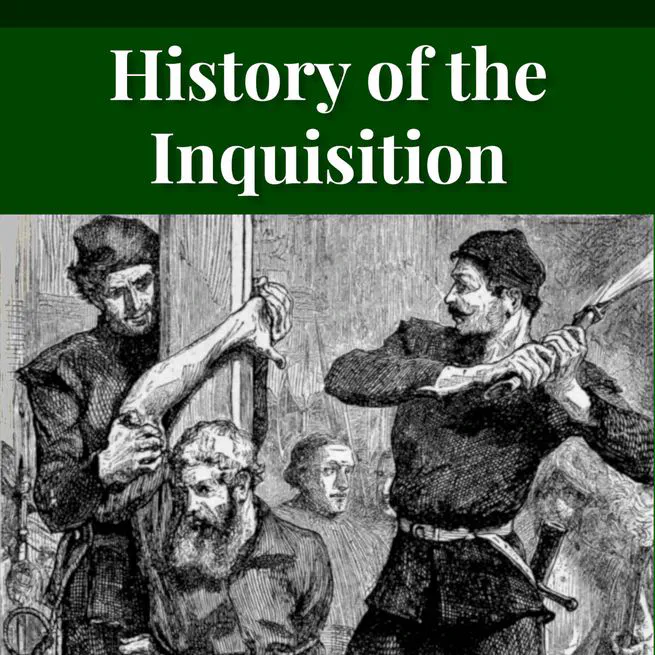
“An impartial account of all aspects of the Inquisition, including a review of the spiritual and intellectual movements of the Middle Ages, and a glance a the condition of society at certain of its phases.”
12 Mar 2025
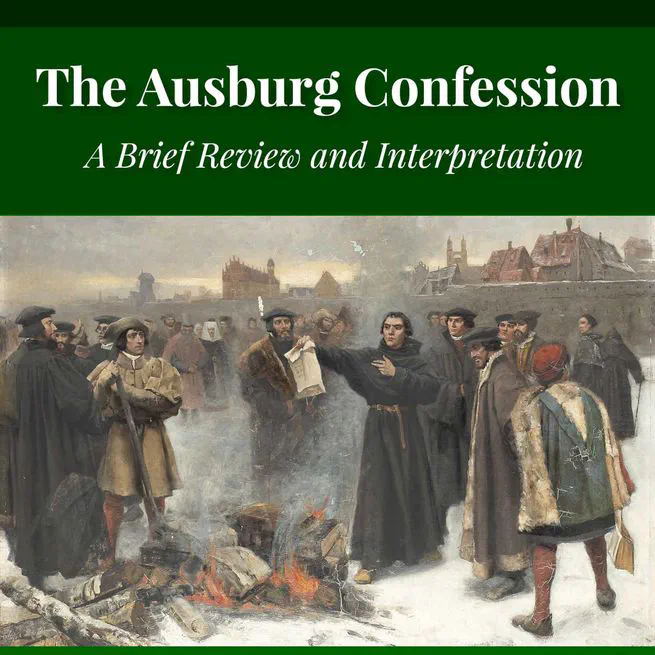
“The main stress in the book… is upon the interpretation of its text… It is prefaced by a chapter with simple talks on confessional questions… The second part… tell(s) the story of the Confession in a readable way.. The third part, with its interpretation of the articles of the Confession, forms the main part of this book… the effort has been made to write in such a way that a layman… can follow the discussions.” -from the Preface by J L Neve.
13 Dec 2024
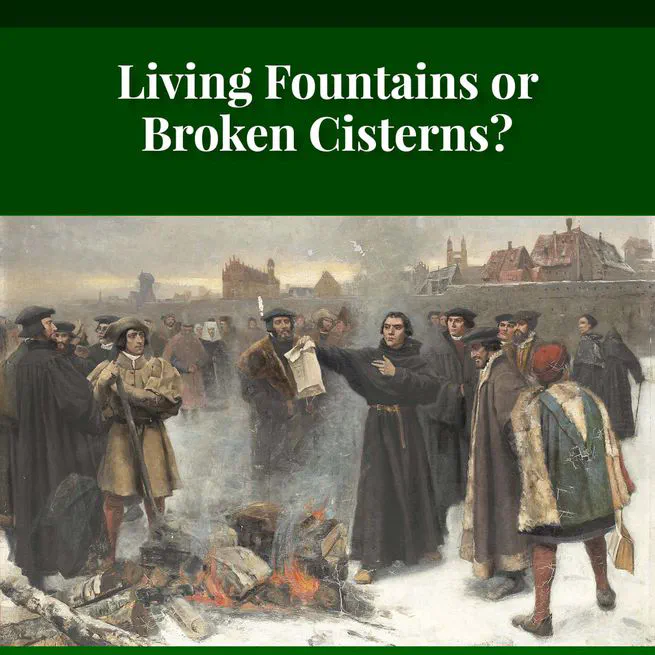
True education, Protestantism, and republicanism form a threefold union which defies the powers of earth to overthrow; but today Protestant churches are growing weak, and the boasted freedom of America's democracy is being exchanged for monarchical principles of government."
17 Oct 2024
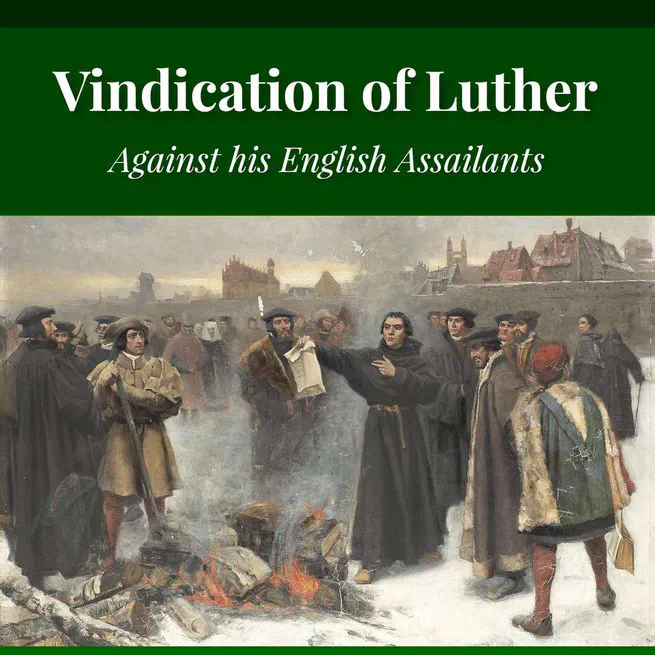
“When a man has taken a leading part in the conflicts of his age, it will often happen that… the feelings with which he was regarded during his life, will cluster around him after his death… Now perhaps there is no one in the whole history of the world, against whom such a host of implacable prejudices and antipathies have been permanently arrayed, as against Luther. For the contest in which he engaged is the most momentous ever waged by a single man… its issue is still pending.” - Charles Hare
19 Sep 2024
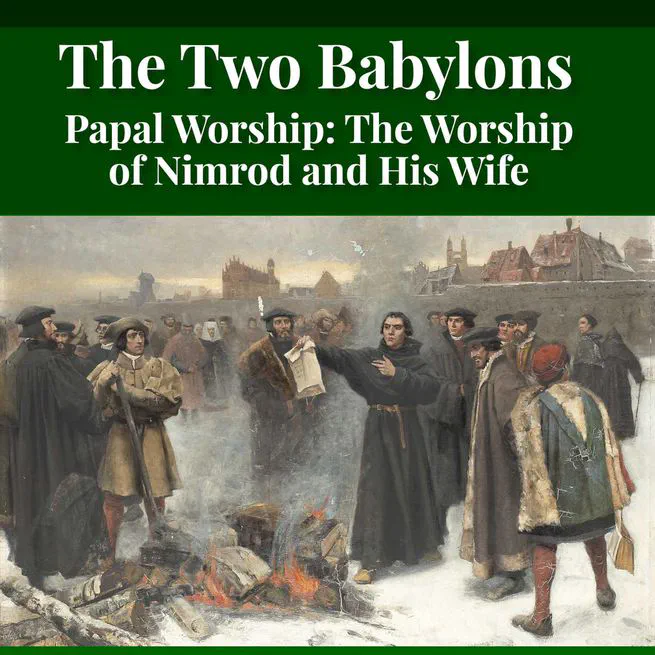
“It has always been easy to show that the Church which has its seat and headquarters on the seven hills of Rome might most appropriately be called ‘Babylon’, inasmuch as it is the chief seat of idolatry under the New Testament, as the ancient Babylon was the chief seat of idolatry under the old.” - From the Introduction.
10 Jul 2024
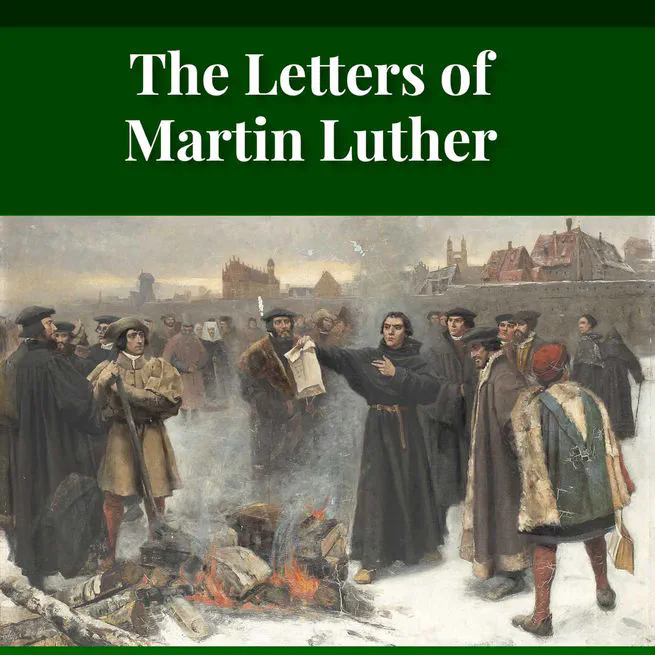
Coleridge wrote, ‘I can scarcely conceive a more delightful volume than might me made from Luther’s letters, especially those from the Wartburg, if translated in the simple, idiomatic, hearty mother-tongue of the original.’ - From the Preface
1 Jul 2024
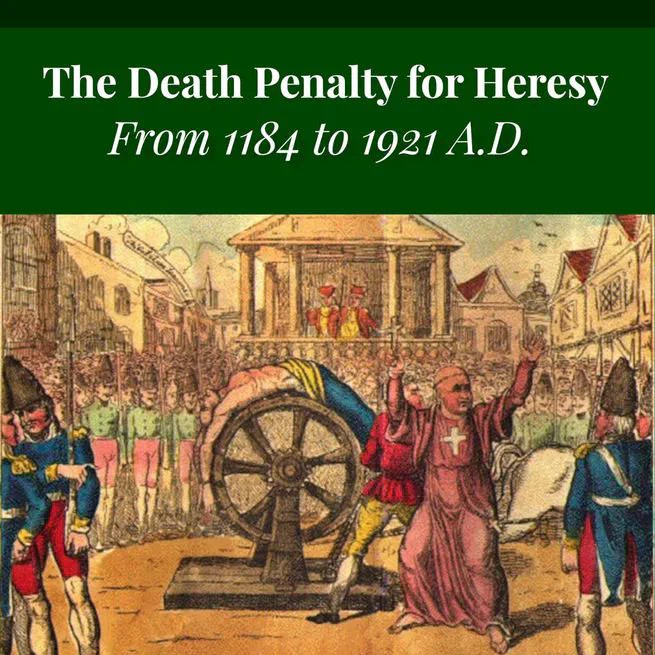
“Between schism and heresy, as Aquinas himself argues, the difference is often merely a difference of words; and he maintains that the schismatic, like the heretic, may be punished not only with excommunication but also the secular arm (death).” -from the Introduction
28 May 2024
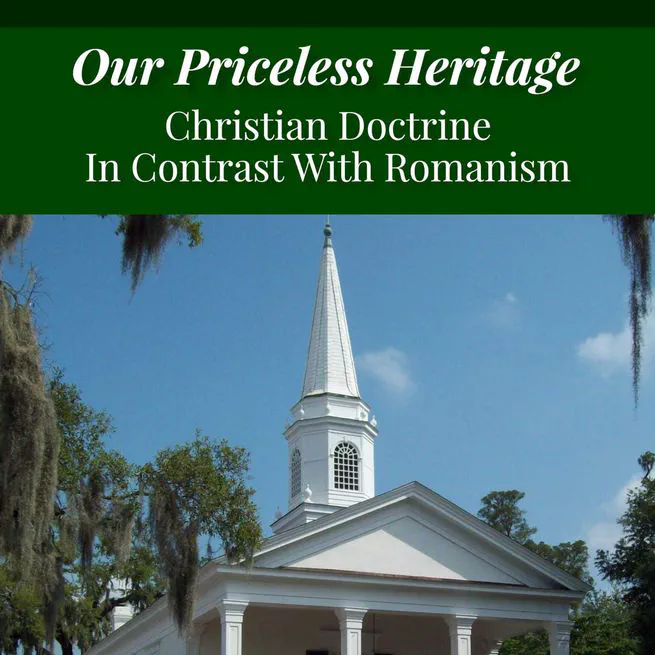
“There are many urgent reasons why the great doctrines of the Christian faith, as set forth in Holy Scripture and reaffirmed at the Reformation, in contrast to the errors of Romanism, should be proclaimed, and their truthfulness and reasonableness be made plain.
20 May 2024
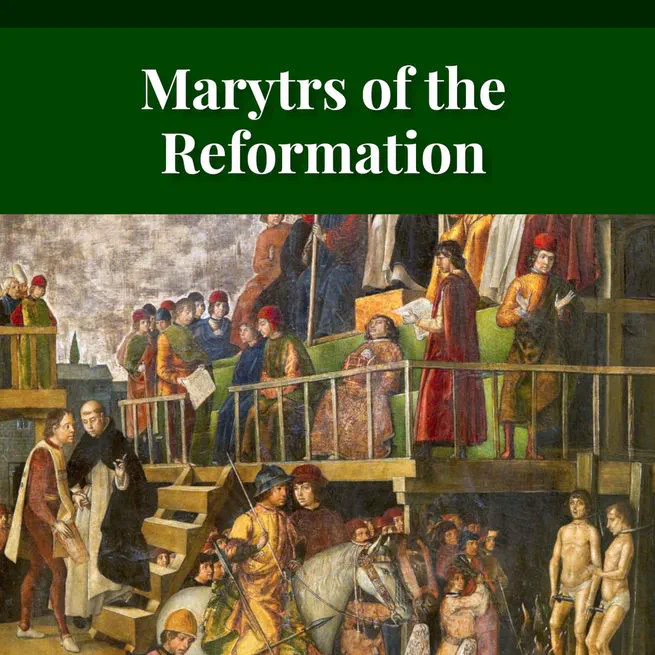
“The personal sketches contained in this volume… constitute a notable gallery of religious portraits. They cannot but be read with the deepest interest. - From the Introduction Of note are Wolsey’s Victim’s, William Tyndale, and Luther: His Triumph in Death
5 Feb 2024
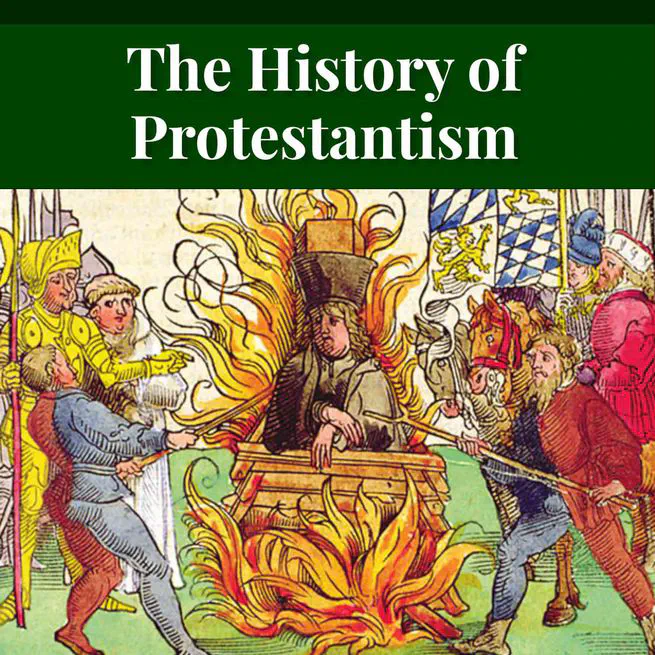
“Protestantism… penetrates into the heart and renews the individual. It is… the founder of free kingdoms, and the mother of pure churches.” — James Aitken Wylie This is the third of three volumes. The first volume is History of Protestantism Volume 1. The second volume is History of Protestantism Volume 2.
16 Jan 2024